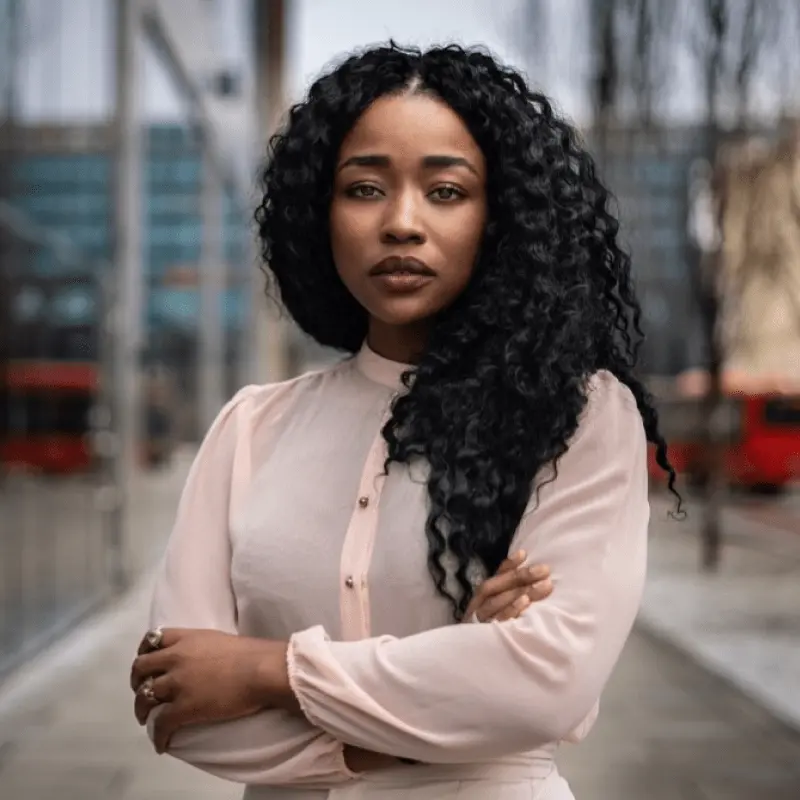When I landed in Norway, in the middle of the night, I remember it was cold. I was 9 years old, and my mom had, according to Islamic law, kidnapped me, and brought me to Norway. I moved from a big town full of people, friends, family and good food, to a little town with about 1000 people. The next morning, I woke up with a cow outside my window. I told my mom I wanted to go home.
A week after my arrival, I started school. As most children would do, I adapted, and it didn’t take long for me to start learning the language. I quickly realized that because I was the “exotic” addition to the town, I was all by myself for a while. As the only immigrant in town, I was bullied because I was different. My hair, my eyes, the food I liked, the way I communicated – basically, most things I did were different from the norm. And while I couldn’t change the ways others treated me, to remain strong, I focused my attention and time on the things I could control. So, I excelled in everything I did. I was the best football player in the district and most teachers used me as an example to demonstrate what my peers should do.
But growing up with two cultures pulled me in two very different directions. I wanted approval from my family, and at the same time I wanted to fit in to my new community. In my teens, I felt stuck between two worlds, where I didn’t really feel I belonged in either.
For a very basic example, as a virtue of my culture and family, I was encouraged to be direct and opinionated. Whereas, my new Norwegian culture was apparently averse to directness. In my experience, some Norwegians I come across expect you to speak with them on their own terms. These days, working in the hospitality industry, I am well accustomed to being looked down on. People assume they know who I am because I look different. But boy are people shocked when I open my mouth in response, because I have a voice. And I make sure to use it to speak up when need be.
Another lesson I have learned as an immigrant in Norway is that the worse is often expected of you and as such, you are targeted. For example, I’ve experienced on multiple occasions being followed around at a store. Nonetheless, I do not allow the bigotry or small mindedness get to me. I am not afraid to share my opinion, and I often politely told them to go shove it where the sun does not shine.
Luckily, at least in my experience, life got easier to balance the older I got. I have also found a deeper appreciation for my roots, as it shaped and prepared me to be the strong woman I am today. I am very proud of who I am and my bicultural background. I no longer worry about fitting in or belonging. I am happy to exist as I am, where people who love me, love me anyway. I no longer have an interest in fitting people’s expectations of who I should be – I have nothing to prove.
When I was young, I was pulled in two different directions, and it was easy to get lost. People judged me based on their limited perception and I let it bother me. These days, I am grateful that I am starting to find a place where I can blend the best of my biculturalism into one.
Written by OAN




